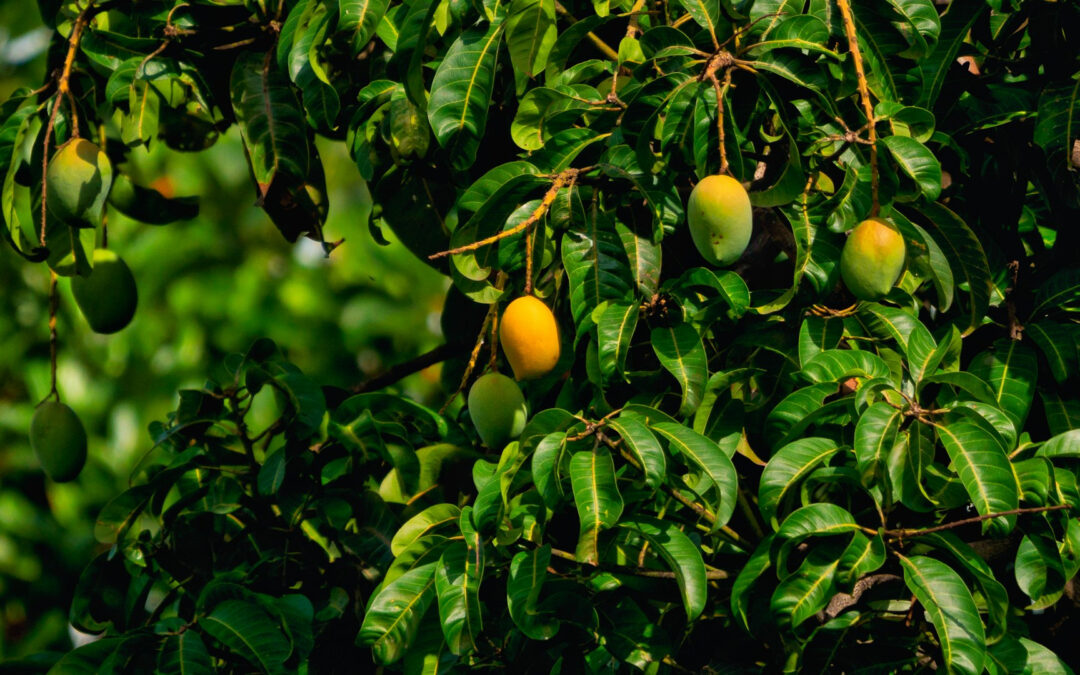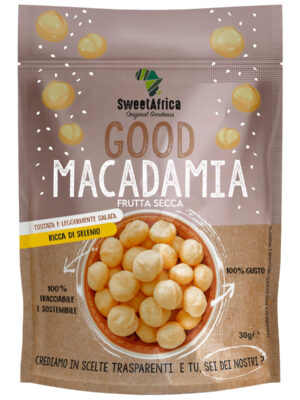Il mango, frutto tropicale dal sapore dolce e succoso, si rivela essere un vero e proprio scrigno di benessere. Oltre ad essere una gustosa delizia, questo frutto colorato è una fonte concentrata di nutrienti essenziali per l’organismo. Ricco di vitamine, tra cui la A, la B e la C, e di sali minerali come calcio, magnesio e potassio, contribuisce a rafforzare il sistema immunitario e a mantenere ossa e muscoli in salute. Ma le sue virtù non si fermano qui: la presenza di fibre alimentari ne fa un alleato prezioso per la regolarità intestinale, favorendo una digestione sana e contrastando problemi come la stitichezza.
Inoltre, nasconde anche un potente arsenale di antiossidanti. Queste molecole, preziose per la nostra salute, combattono i radicali liberi, rallentando i processi di invecchiamento cellulare e proteggendo l’organismo dallo stress ossidativo. Le proprietà depurative e antinfiammatorie del mango lo rendono un ottimo alleato per la prevenzione di diverse patologie, contribuendo a ridurre l’infiammazione cronica e a migliorare le funzioni del fegato.
How to choose a ripe mango?
Per gustare al meglio il mango, è fondamentale saper scegliere il frutto giusto. Un mango maturo emana un profumo dolce e intenso, quasi inebriante. La buccia, sebbene possa variare di colore a seconda della varietà, deve essere morbida al tatto, senza ammaccature o parti mollicce. Un altro indizio di maturazione è il peso: un mango maturo è generalmente più pesante rispetto a uno acerbo. Infine, se premendo leggermente sulla buccia fuoriesce un po’ di succo, è segno che il frutto è pronto per essere consumato. Attenzione però: sebbene la buccia sia commestibile, in alcune persone può provocare reazioni allergiche, manifestandosi con dermatiti a livello di labbra, gengive e lingua. Per evitare spiacevoli inconvenienti, è consigliabile rimuoverla prima di consumare.
The mango between myth and reality
Besides being a nutritious and delicious fruit, during the Chinese Cultural Revolution in 1968, this tropical food became a symbol of the deep bond between leader Mao Tse-tung and the working people. Word spread that Mao was particularly fond of the mango, and this was enough to make it an object of veneration for millions of Chinese citizens. The mango thus became a kind of relic, a symbol of the people's love and admiration for their leader. This story represents an extreme example of the cult of personality, a historical phenomenon in which an individual is elevated to an almost divine position, becoming an object of devotion and veneration by the masses.
An ally for the skin
E poi? Sapete che il mango si rivela un prezioso alleato anche per la bellezza della pelle? Grazie alla presenza di vitamina A e di antiossidanti, contribuisce a mantenere la pelle elastica, luminosa e protetta dai danni causati dai radicali liberi. L’applicazione topica di polpa di mango o di estratti di questo frutto può aiutare a lenire irritazioni, ridurre le rughe e migliorare l’aspetto generale della pelle. Inoltre, alcuni studi suggeriscono che il mango potrebbe avere proprietà anti-acne, grazie alla sua azione antibatterica e antinfiammatoria.
A treasure for the brain
Ma non nutre solo il corpo, anche la mente. Questo frutto è ricco di vitamina B6, una vitamina essenziale per il corretto funzionamento del sistema nervoso. La vitamina B6 contribuisce a migliorare la memoria, la concentrazione e l’umore, riducendo il rischio di sviluppare disturbi neurodegenerativi come l’Alzheimer. Alcuni studi suggeriscono che il mango potrebbe avere effetti benefici sulla depressione, grazie alla sua capacità di stimolare la produzione di serotonina, il neurotrasmettitore del buon umore.
The mango, an undiscovered superfood
From its powerful antioxidant properties to its ability to aid digestion and protect the skin and brain, the mango is a food that deserves to be included in our diet. Although it is often considered an exotic fruit, it is increasingly popular and readily available in our supermarkets, giving us the opportunity to enjoy its many virtues all year round.
Other mango facts
- Le varietà di mango: esistono moltissime varietà di mango, ognuna con caratteristiche organolettiche e nutrizionali leggermente diverse.
- Il mango nella storia e nelle culture: esso ha un profondo significato culturale in molte società, e la sua storia è ricca di leggende e tradizioni, come abbiamo già accennato prendendo ad esempio la Cina. Ma in verità il simbolismo legato a questo frutto è molto più ampio, e ne parleremo magari in un secondo articolo dedicato.
- Le ricette a base di mango: il mango è un ingrediente versatile che può essere utilizzato in numerose preparazioni, sia dolci che salate. Continua a seguire il nostro blog per scoprire gli utilizzi del mango in cucina.
And don't forget to visit our online shop, full of beneficial and nutritious foods, at the following link: shop.





